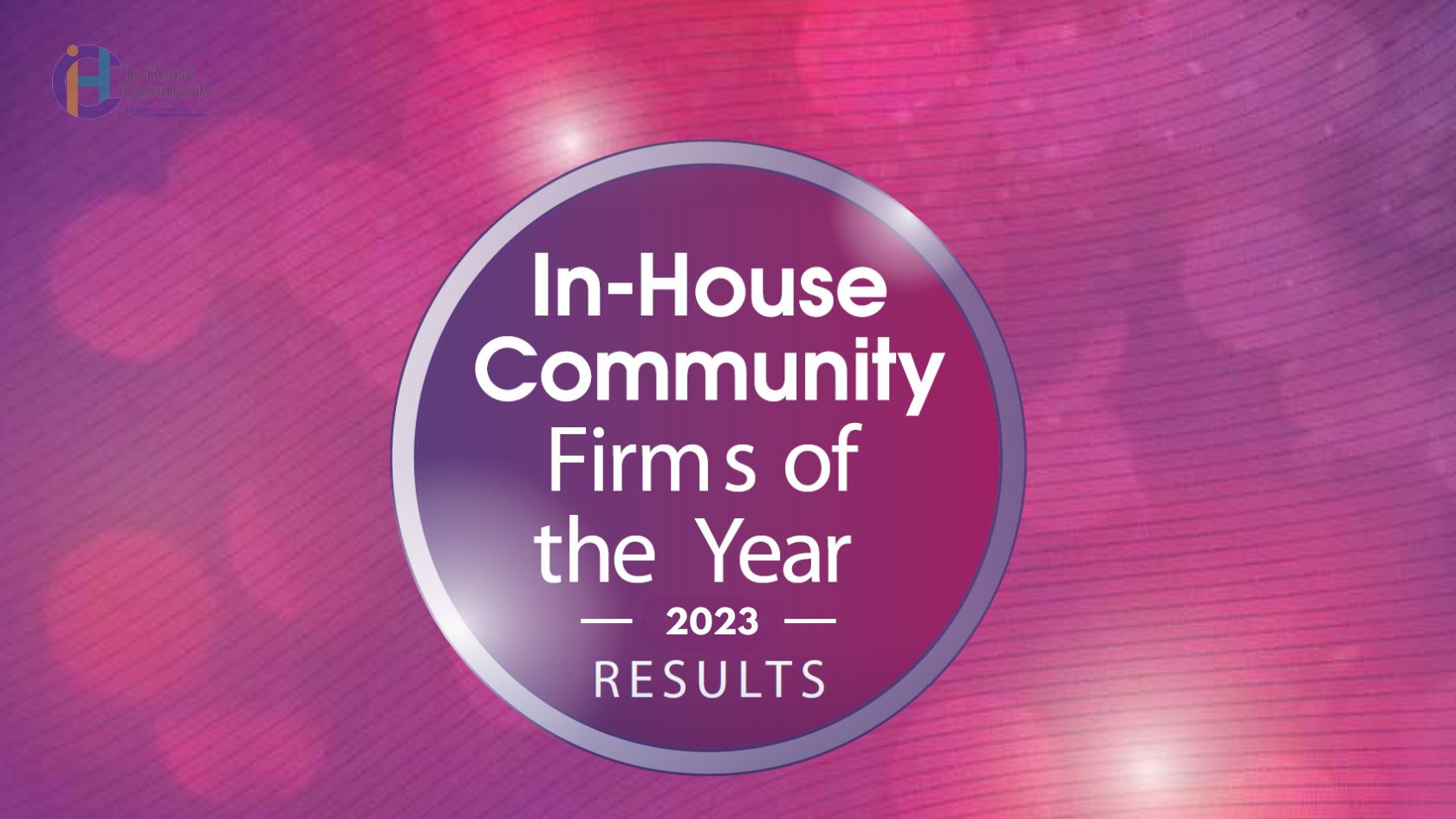April 29, 2024
Key Takeaways: The Hong Kong Securities and Futures Commission recently took disciplinary action against two fund managers for failures and breaches relating to fund management activities. Noncompliance by the fund managers included internal control and risk management inadequacies, which resulted in failure to identify, prevent, manage and/or monitor conflicts of interest and failure to comply with investment strategy, objectives and restrictions, among other things. Intermediaries’ misconduct and, in particular, internal control failures, very much remain an enforcement priority of the regulator. Licensed intermediaries, especially holders of type 9 (asset management) licenses, should therefore ensure that effective internal controls and risk management procedures are not just in place but also properly implemented, monitored and adhered to. Directors and senior management of asset managers should adopt a proactive and inquisitive approach in identifying and addressing actual or potential noncompliance. In the past three months, the SFC has pursued disciplinary proceedings against two fund managers for failures and breaches relating to fund management activities. Licensed intermediaries, and especially holders of type 9 (asset management) licenses and their senior management, should ensure that effective internal controls are in place to properly manage the risks arising from fund management activities. PICC Asset Management (Hong Kong) Company Limited. On 5 February 2024, the Securities and Futures Commission (“SFC”) reprimanded and fined PICC Asset Management (Hong Kong) Company Limited (“PICC”) HK$2.8 million over its failure to discharge its duties as the manager of a Cayman-incorporated fund. The SFC found that PICC failed to properly manage the fund in accordance with its investment strategy, objectives and investment restrictions. Contrary to the fund’s stated objective of capital preservation... April 29, 2024
Key Takeaways: As Hong Kong gradually emerged from the effects of Covid-19 over the past year, the financial regulators, in particular the Securities and Futures Commission (the “SFC”), have also become increasingly active. In recent months, there has been an uptick in the number of investigations initiated by the SFC. Insider dealing, internal control failures and corporate misconduct remain high on the SFC’s list of enforcement priorities, whilst it continued to step up its efforts to crack down on ramp-and-dump syndicates. To this end, the SFC has worked closely with other regulators in Hong Kong, Mainland China and overseas to conduct joint operations, training and other activities, and is expected to continue doing so going forward. All in all, although enforcement by the SFC still has some way to go before it reaches pre-Covid levels, the trend is certainly an upward one. Significant regulatory developments were also seen in the emerging areas of ESG and virtual assets, and initiatives to reform or refine long standing regulations and practices relating to insider dealing and market soundings were introduced. Further, a recent Court of Appeal decision on letters of no consent also has significant implications from an enforcement perspective. In this review, we delve into some of these key financial regulatory developments in 2023 and highlight potential implications that are vital to managing risks and meeting regulatory expectations. As Hong Kong emerged from the Covid-19 slumber over the past year, the financial regulators, in particular the Securities and Futures Commission (the “SFC”), have also become increasingly active. In 2023, the SFC initiated and concluded more than 10 consultations; conducted several high-profile... April 29, 2024
In this issue, we are excited to present our annual showcase of the standout firms of the year for 2023. These firms have demonstrated exceptional commitment, innovation, and service to their clients, setting the bar high for legal excellence across various practice areas and regions. But, before we dive into celebrating these remarkable firms, let us take a moment to reflect on the evolving landscape of legal practice. The Rise of AI In recent years, the integration of technology, particularly artificial intelligence (AI), has revolutionised the legal landscape, promising efficiency gains and transformative impacts on traditional legal processes. Beyond contract analysis, AI technologies are increasingly being employed across various facets of legal practice, including legal research, due diligence, document automation, and predictive analytics Harvey, supported by the OpenAI Startup Fund and leveraging cutting-edge OpenAI and ChatGPT technology, made significant gains into the legal market in 2023. Harvey, built on a version of Open AI’s latest models enhanced for legal work, represents a transformative leap in AI-driven legal solutions. Through its natural language processing, machine learning, and data analytics capabilities, Harvey has the potential to automate and enhance various aspects of legal work, including contract analysis, due diligence, litigation, and regulatory compliance. While the output requires careful review by lawyers, Harvey could accelerate the process by generating insights, recommendations, and predictions based on vast volumes of data. Allen & Overy (A&O), announced a partnership with Harvey in March 2023 to empower A&O’s global network of over 3,500 lawyers across 43 offices with efficiency, quality, and intelligence in legal content generation and access. During A&O’s trial period of testing a beta... April 25, 2024
DUYEN HA VO Vietnam’s land acquisition landscape is poised for a transformation with the upcoming enforcement of the recently approved Land Law, scheduled to take effect on January 1, 2025. This article explores the potential implications of these changes on the land acquisitions of developers engaged in real estate, energy, and infrastructure projects. The new Land Law extends and further intricately categorises the list of “projects eligible as socio-economic development based on national and public benefit considerations” (Land Revocation Eligibility Projects). The implications of the Land Revocation Eligibility Projects list can be summarised as follows: a. Proposals for such a project enable the State to reclaim land from existing occupants to allocate or lease to the investor. b. Investor selection for these projects must undergo tendering requirements in certain cases. c. It is permissible to propose such a project on land acquired through a private agreement with existing land users, subject to approval from the provincial People’s Committee. Examples of new items added to this list are medical facilities, educational and training facilities, projects of renovation and rebuilding of apartment buildings and sea reclamation projects. Examples of projects not considered “Land Revocation Eligibility Projects” are hotel projects, housing development projects and commercial complex projects. Another revolutionary change introduced in the Land Law is the introduction of a regime for “private agreement” on land acquisition for project development, which may apply in cases that land is not under control by any State agency. This private agreement scheme is applicable regardless of whether the proposed project is a Land Revocation Eligibility Project or otherwise, provided that: a. for a commercial housing... April 25, 2024
We recently asked Kenneth Wong, Chief Legal Officer and Company Secretary at LINK REIT, to share more about his remarkable professional journey. As a co-winner of the IHC Counsel of the Year in 2023, Kenneth highlights his approach to becoming a successful in-house counsel in this Q&A… Tell us a bit about your legal journey that has led you to your role as chief legal officer and company secretary at LINK. I took my law degree in the UK and was trained as a solicitor in Hong Kong. I co-founded a corporate and commercial law firm in Hong Kong when I had only seven years of PQE and acted as its Managing Partner for fifteen years until my retirement from the partnership in 2016. During that period, the firm grew from three fee earners to fifty fee earners and eventually merged with an international law firm. After resting for a while to take a Masters Degree, I joined a Chinese conglomerate (HNA Group) as its International General Counsel to set up a strong team of transactional lawyers at its International Headquarters in Hong Kong to make acquisitions around the world. During the three years at HNA, my team completed more than HK$300 Billion of acquisitions and related financing. Hence, HNA became a Fortune Global Top 100 company. I also set up a Virtual Global Legal Centre to link up all the general counsels of the newly acquired companies around the world. The Virtual Global Legal Centre oversaw more than 300 in-house lawyers in the larger HNA Group. In 2019, I took up my current role at the largest REIT... Upcoming Events
Recent Past Events














